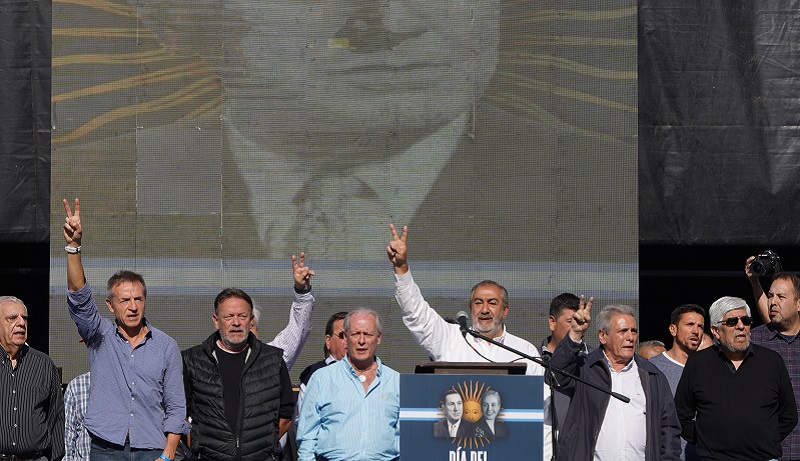
The minimum act of the workers union and the true strength of the workers and workers. Editorial of “El Círculo Rojo”, a program from La Izquierda Diario that is broadcast on Thursdays from 10 pm to 12 midnight on Radio Con Vos, 89.9.
View this post on Instagram
CGT / Working class / Javier Milei / Libertarians
Source: www.laizquierdadiario.com

